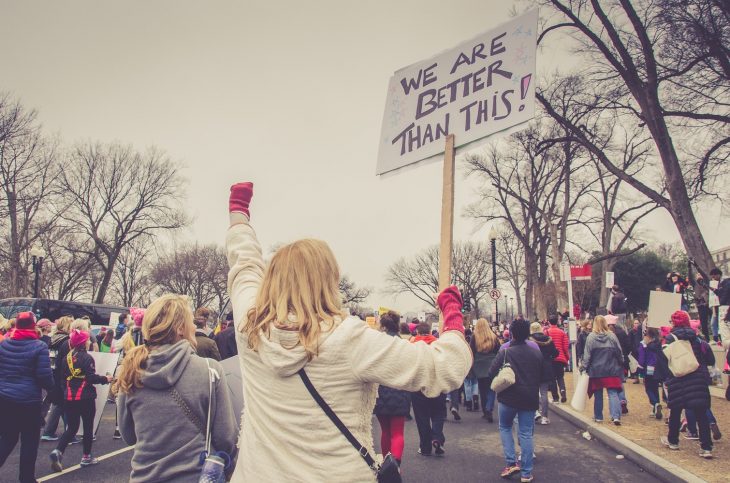
Complaints: The Best Gift a Guest can Give
“Your most unhappy customers are your greatest source of learning.” –Bill Gates
It’s natural for us to want to avoid complaints. Why would we want to read or hear negative feedback about our business? No one likes to hear that someone wasn’t satisfied, but line up the folks that have rave reviews and we’ll listen to them all day. However, being fed compliments is quite possibly the least productive way to move the business forward. For that reason, we need to thank our guests who have constructive negative feedback and are willing to tell us.
I frequently stress on the importance of soliciting guest feedback. I regularly discuss the necessity of seeking out guests who may have had a negative experience and getting them to speak up. The reason why this is vital is because people usually don’t complain – they just stop coming. Think about it – say you tried a new brand of toothpaste and then found out you didn’t like it. What would you do? Would you call up the toothpaste company and offer them a detailed explanation of how you did not enjoy their product? Or would you just go back to your old brand? The attractions industry is no different – if your guests don’t like your product or service, they usually won’t tell you; they’ll just stop coming.
For that reason, complaints are the best gift that a guest can give you. If your guests take the time to express their dissatisfaction in your product, they have given us the opportunity to do two things. First, we can recover from their specific scenario, and second, we can improve the operation to minimize the chances of this negative experience from happening again.
Recover from the specific scenario. When a guest files a complaint, what they’re actually saying is, “Hey, you messed up, but here’s your chance to fix it. I don’t want to walk away unhappy.” Through effective service recovery and compensation, we can make up for the individual experience that occurred, and turn a dissatisfied guest into a satisfied guest. And, if we do it right, we can effectively prove the service recovery paradox. We can convert an unhappy guest into a happy one, all because they gave us the opportunity to do so.
Improve the experience for the future. Another reason why a complaint is a gift, for which the guest should be thanked, is because they have provided us with information that we can use to our advantage, and make the experience even better for future guests. By honing in on the guest’s complaint and finding (and then eliminating) the root of the problem, fewer guests will experience the service failure in the future, resulting in greater levels of satisfaction which can then be converted to loyalty.
Don’t surround yourself by people who are just going to sing your praises. Instead, seek out those who have something negative to say. Use complaints to your advantage. If guests aren’t talking, it doesn’t automatically mean it’s because they’re happy. Like Mr. Gates said, “Your most unhappy customers are your greatest source of learning;” however, that’s only true if they’re telling you that they’re unhappy, and why. Otherwise, they are just former patrons that didn’t let you know that they won’t be back.
Thanks for reading. Feel free to complain about my posts in the comments.
Josh Liebman
Josh Liebman specializes in guest experience within attractions, tourism, and hospitality, including service standards, complaint resolution, and driving guest loyalty. Josh is a serial entrepreneur, podcaster, consultant, and speaker. Josh has worked for some of the top attraction operators in the world, including, but not limited to Walt Disney World, Universal Orlando, Merlin Entertainments, and Cedar Fair. Josh has been integral to the openings of multiple attractions in various leadership capacities. Additionally, Josh has consulted for many of the world’s leading hospitality brands, including Ritz Carlton, Four Seasons, Waldorf Astoria, and many more. Josh is Co-Host of the AttractionPros Podcast, which brings the audience into the room with the top leaders, executives, and influencers in the attractions industry.
